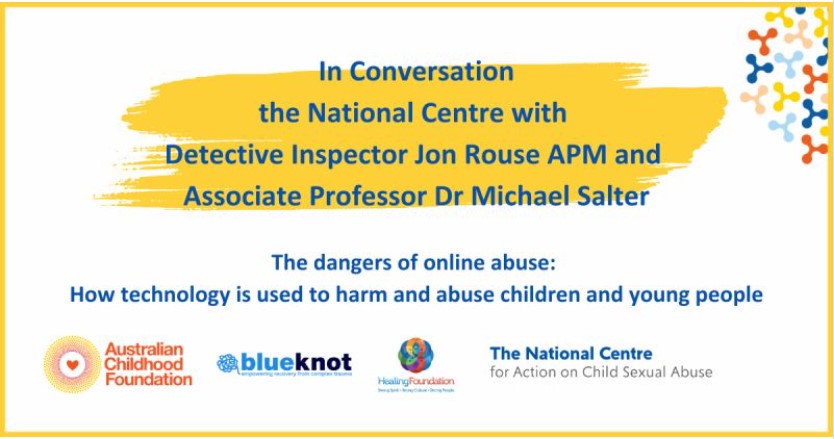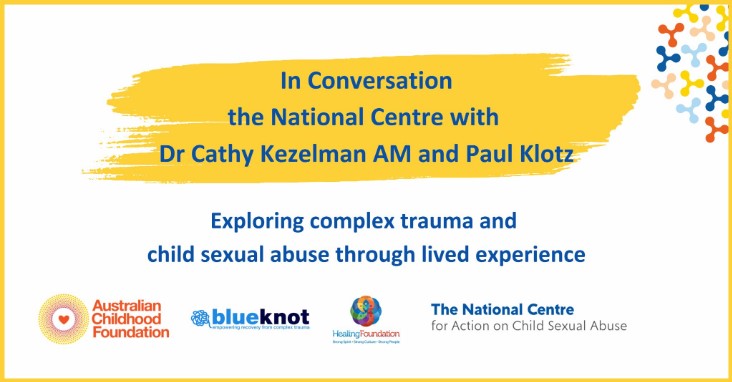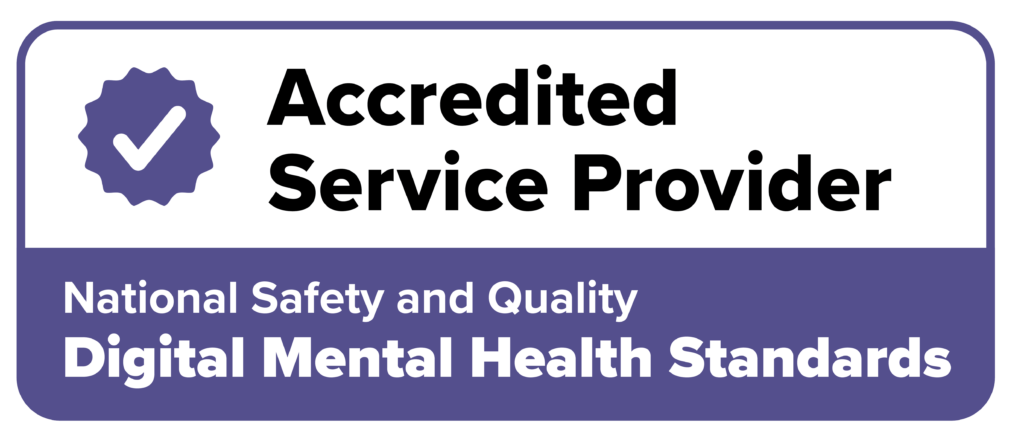Healing is not just about recovering what has been lost or repairing what has been broken. It is about embracing our life force to create a new and vibrant fabric that keeps us grounded and connected … keeps us strong and gentle … gives us balance and harmony, a place of triumph and sanctuary for evermore’. (Milroy, 2013)
The human ability to survive and adapt is amazing. People who have experienced trauma, especially interpersonal trauma (between people) have had things happen to them that should not happen to anyone.
Each person who has experienced trauma has coped in the best way they can. However ongoing and repeated trauma, especially experienced as a child or young person, can overwhelm a person’s capacity to cope. Such trauma forces a person to be able to adapt to be able to survive and these adaptations are known as coping strategies. People adopt coping strategies to help them manage the strong feelings and changes in arousal that trauma causes. A person’s coping strategies become familiar and in fact, often become that person’s default or automatic responses during more stress and trauma. These coping strategies enable a person to survive their trauma and can be seen as strengths that have protected the person as much as possible.
However, some coping strategies do not stay helpful long-term. While the strategies may have been protective before, they often become risks or have negative health impacts. For example, some people cope by using alcohol or drugs, by engaging in self-harm or having suicidal thoughts. Some struggle with rage and aggression. Other people might withdraw and avoid a range of activities and social events. Others shut down and dissociate. All of these coping strategies make sense when people have had experiences of trauma. It is important to understand coping strategies and their role, including in communicating the person’s needs.
When coping strategies that are no longer protective are identified, it is important to have the right support to find other ways to cope. It is critical to not try to remove prior coping strategies until you have strengthened your other resources. Your coping strategies helped you to stay safe in a dangerous world. You used them for a reason. But there are other ways that you can use to manage your pain and distress. But it can take time, patience and good support. It is critical to not be too hard on yourself because we can all go back to old patterns under stress or trauma.
Many survivors have been harmed in relationships and this can make it hard to trust people and to reach out and find help. This can leave you feeling isolated and alone, and as if you have only a few people you can trust, if any, to talk to or ask for help. It can be hard to feel and be safe but feeling safe is important wherever you are. Because complex trauma happened within relationships, healing also happens within relationships.
Learning to trust others, to feel safe and to turn to them for support is a crucial step in recovery. Doing so challenges the belief survivors often adopt that people are dangerous.
Trust your feelings. Choose people who are available for you, connected to you and who can engage with you and your experience. This can include a counsellor or therapist who is experienced in working with adult survivors.











